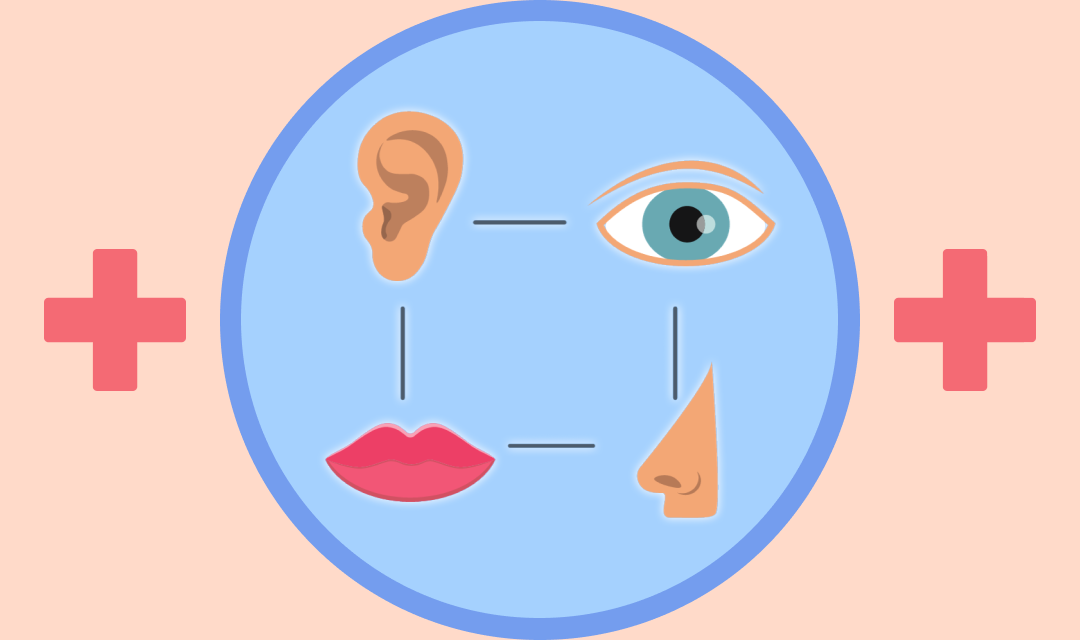Common Questions About Excessive Salivation in Pregnancy

Excessive salivation, also known as ptyalism or sialorrhea, is a condition that can occur during pregnancy. While it may seem unusual, it's a common symptom experienced by many pregnant women. This article will answer some of the most frequently asked questions about excessive salivation during pregnancy, its causes, and how to manage it.
Table of contents
Can pregnancy cause Excessive Salivation?
Is Excessive Salivation a pregnancy symptom?
What causes Excessive Salivation during pregnancy?
Is Excessive Salivation during pregnancy common?
Is it safe to have Excessive Salivation during pregnancy?
What can help with Excessive Salivation during pregnancy?
Excessive Salivation during pregnancy: when to see a doctor?
Excessive Salivation after childbirth
Can pregnancy cause Excessive Salivation?
Yes, pregnancy can cause excessive salivation. This is due to hormonal changes that occur during pregnancy, which can increase the production of saliva. It's more common during the first trimester but can occur at any time during pregnancy.
Psst, we have an app dedicated to pregnant moms. Learn more
Is Excessive Salivation a pregnancy symptom?
Yes, excessive salivation is a common symptom of pregnancy. It's often accompanied by morning sickness and nausea, which are also common symptoms of early pregnancy.
Psst, we have an app dedicated to pregnant moms. Learn more
What causes Excessive Salivation during pregnancy?
The exact cause of excessive salivation during pregnancy isn't known. However, it's believed to be due to hormonal changes that increase saliva production. Other factors, such as nausea and heartburn, can also contribute to excessive salivation.
Psst, we have an app dedicated to pregnant moms. Learn more
Is Excessive Salivation during pregnancy common?
While not every pregnant woman experiences excessive salivation, it is a common symptom. It's more common in the first trimester but can occur at any stage of pregnancy.
Psst, we have an app dedicated to pregnant moms. Learn more
Is it safe to have Excessive Salivation during pregnancy?
Excessive salivation itself is not harmful to the mother or the baby. However, it can be uncomfortable and inconvenient. If it's accompanied by other symptoms such as severe nausea or difficulty swallowing, it's important to seek medical advice.
Psst, we have an app dedicated to pregnant moms. Learn more
What can help with Excessive Salivation during pregnancy?
There are several ways to manage excessive salivation during pregnancy. These include staying hydrated, brushing teeth regularly, using mouthwash, and chewing gum. It's also helpful to avoid foods and smells that trigger nausea or increase saliva production.
Psst, we have an app dedicated to pregnant moms. Learn more
Excessive Salivation during pregnancy: when to see a doctor?
If excessive salivation is causing discomfort or is accompanied by other worrying symptoms such as severe nausea, vomiting, or difficulty swallowing, it's important to see a doctor. They can provide advice and treatment options to help manage the symptom.
Psst, we have an app dedicated to pregnant moms. Learn more
Excessive Salivation after childbirth
Excessive salivation usually resolves after childbirth as hormone levels return to normal. However, if it continues or is causing concern, it's important to seek medical advice.
Psst, we have an app dedicated to pregnant moms. Learn more
Information sources
1. American Pregnancy Association. (2019). Ptyalism in Pregnancy. Retrieved from https://americanpregnancy.org/healthy-pregnancy/pregnancy-health-wellness/ptyalism-in-pregnancy-710
2. Mayo Clinic. (2020). Symptoms of Pregnancy: What happens right away. Retrieved from https://www.mayoclinic.org/healthy-lifestyle/getting-pregnant/in-depth/symptoms-of-pregnancy/art-20043853
3. NHS. (2018). Common health problems in pregnancy. Retrieved from https://www.nhs.uk/pregnancy/related-conditions/common-symptoms/